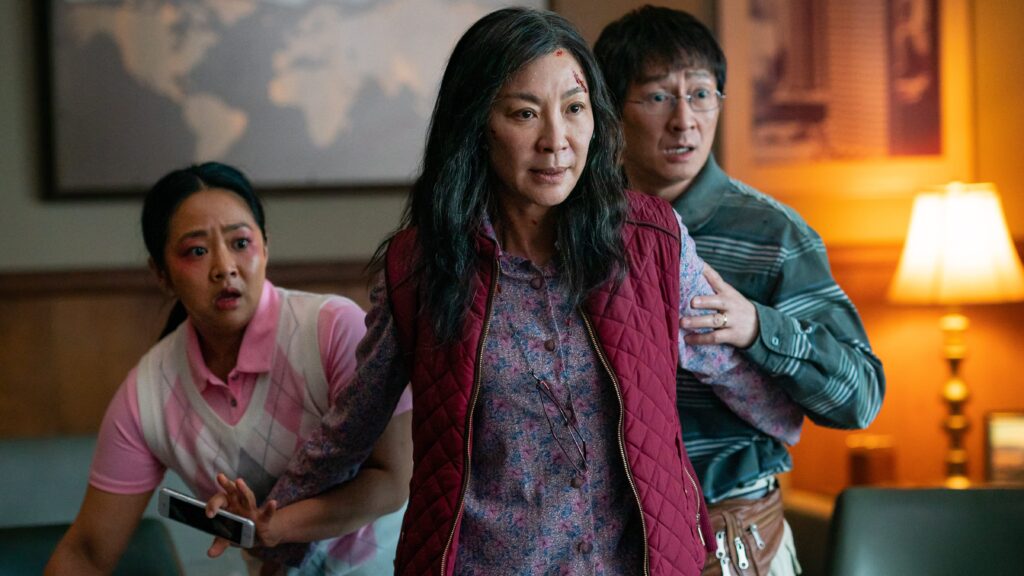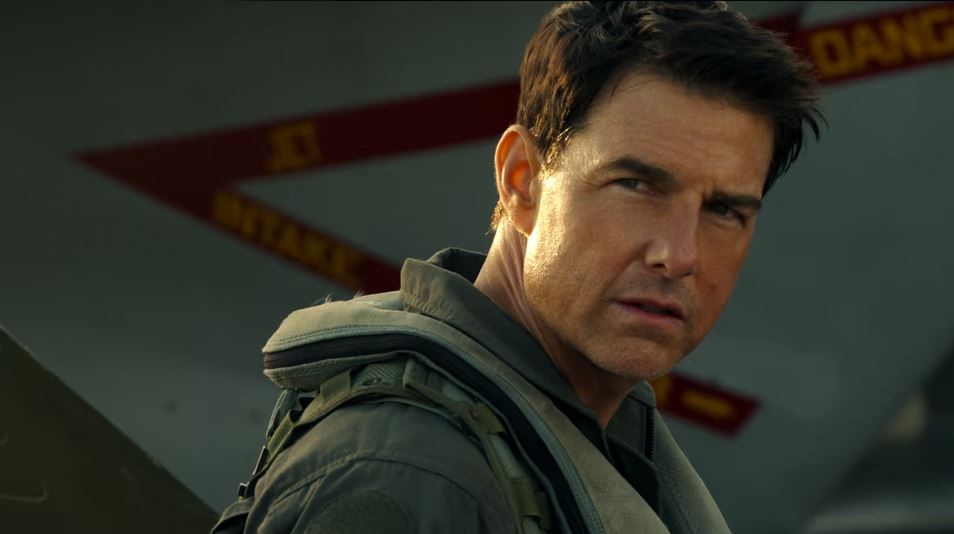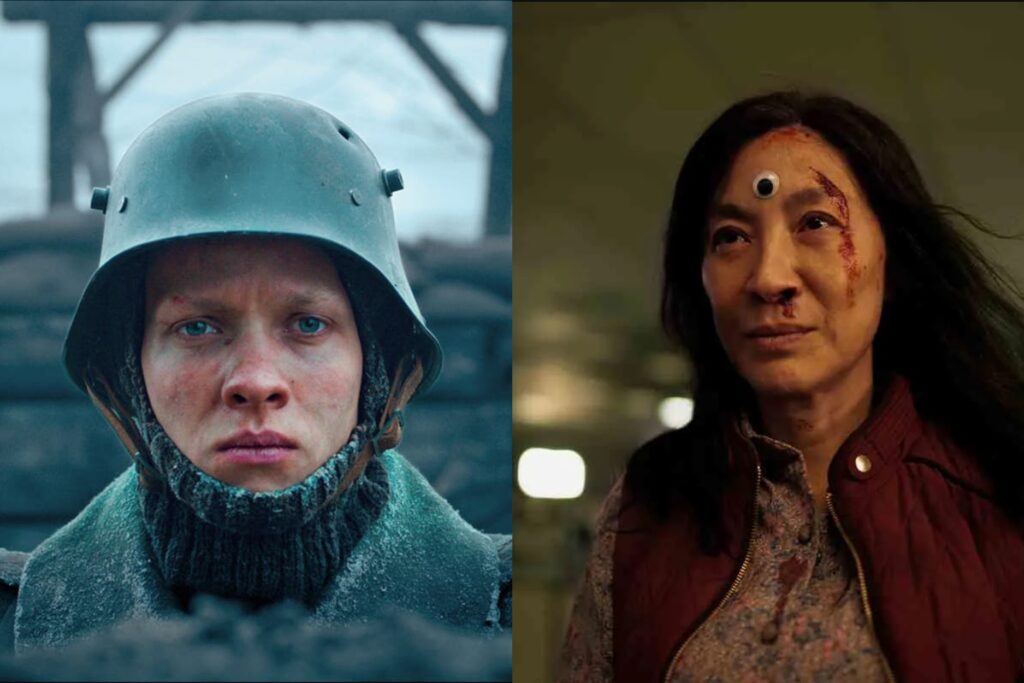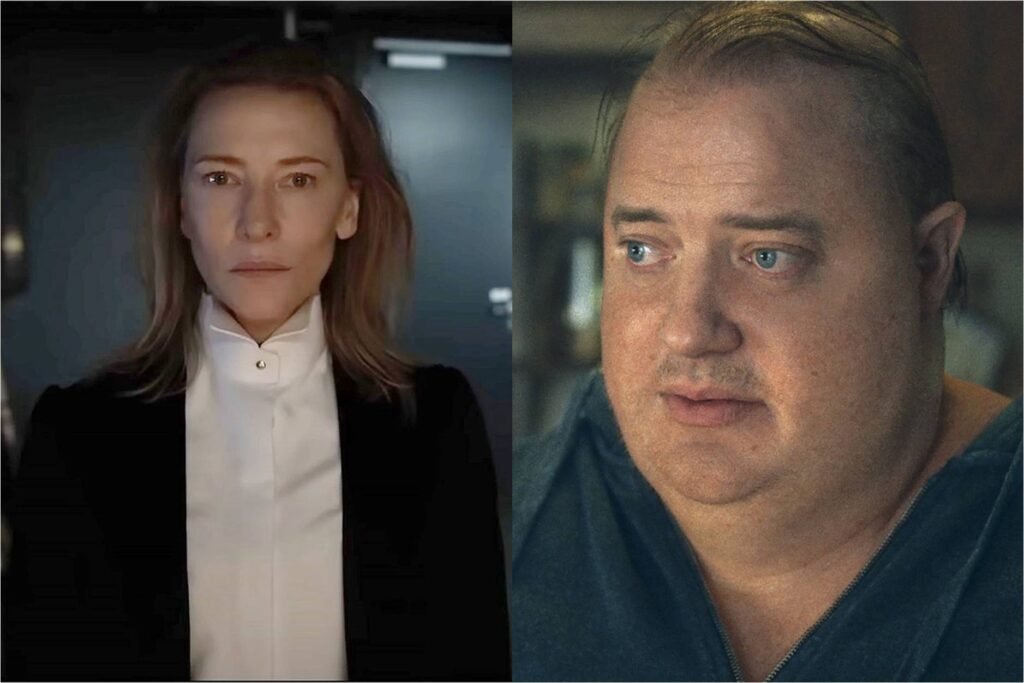Quick Hits: Scream VI, Cocaine Bear, Creed III, Magic Mike 3, and Emily
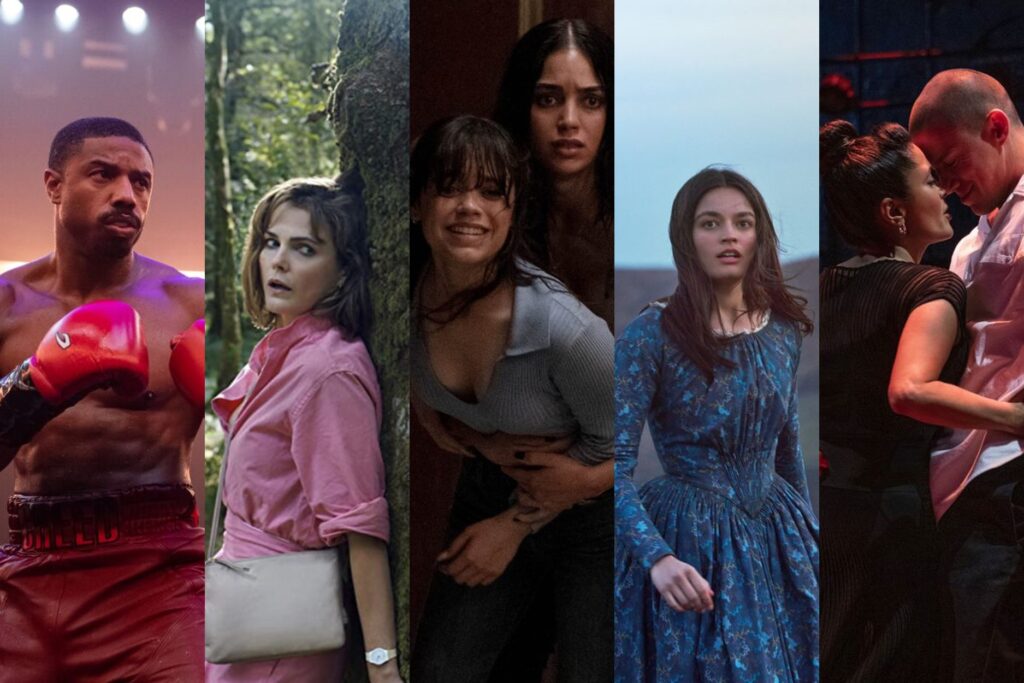
Between the Oscars, our TV rankings, and our list of the year’s best movies, it’s been a busy past month here at MovieManifesto. As a result, while I was able to write a few proper reviews of new movies (the new Shyamalan, the new Ant-Man), I neglected to make time for a bunch of additional 2023 films. That changes now! Well, sort of. Unlike Lydia Tár, I can’t stop time, so I’m unable to carve out enough space for full reviews. Instead, we’re firing off some quick-and-dirty capsules, checking in on five recent releases. Let’s get to it.
Scream VI. The clever double-act of the Scream pictures—the platonic ideal established by the first installment and never quite equaled since—is that they’re movies about scary movies and are also, well, scary movies. In the prior episode, Scream (which should have been called Scream 5, but never mind), new directors Matt Bettinelli-Olpin and Tyler Gillett satisfied one and only one side of that equation, cleverly skewering the toxic fandom that attends modern discourse but failing to serve up memorable carnage. Now returning with Scream VI, the pair have essentially flipped the script. The meta ideas bandied about here are a little less trenchant, but the nuts-and-bolts execution—and executions—is first-class. Read More

